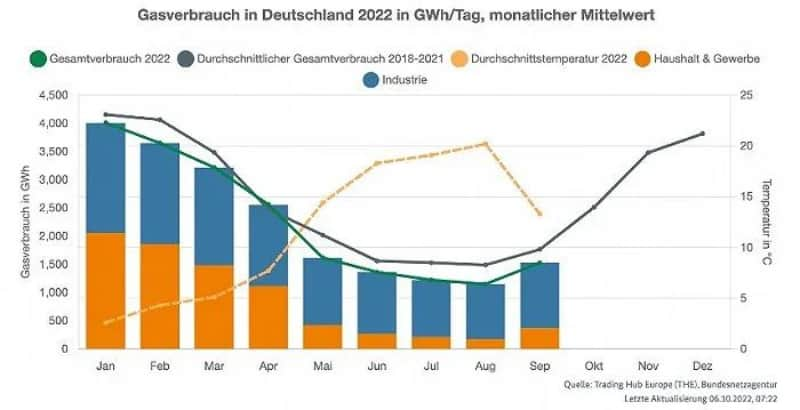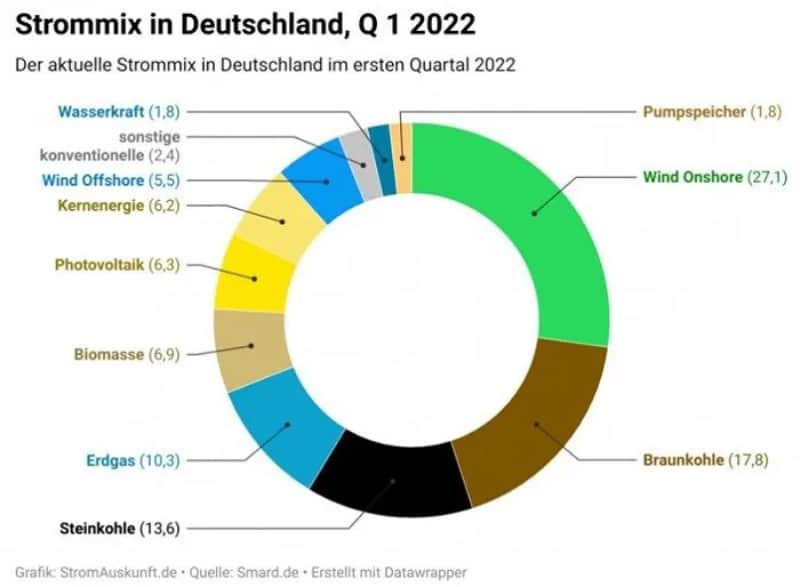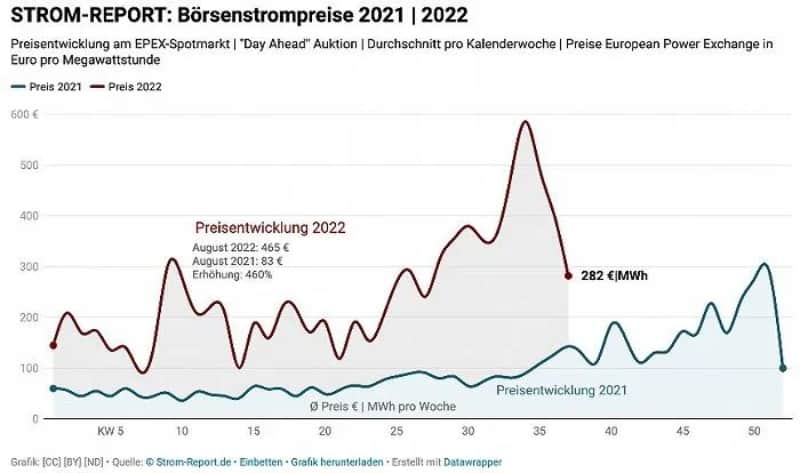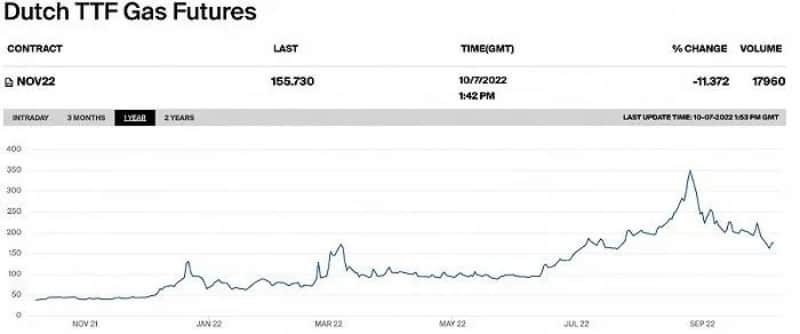Will German residents be unable to pay their gas bills?
 namkoo solar
namkoo solar
Will German residents face death?
Unable.
At present, Germany's natural gas inventory level is sufficient to ensure the gas demand in winter. According to the German natural gas early warning system launched on March 30 this year, in the case of extreme shortage of natural gas, the German government will gradually initiate measures such as advocating gas conservation, natural gas rationing system for industrial users, etc. to ensure that residents' gas use will not be affected.

Will German residents be unable to pay their gas bills?
It depends on the specific situation, but a large number of families will have to use their savings.
The price of the Dutch TTF benchmark natural gas futures contract, which is regarded by the financial media as the vane of European natural gas, is not directly reflected in residential energy orders. According to the heating contract, the nature of the house and the degree of heat insulation of the house, it is difficult to give a general overview of whether each family can pay the natural gas bill.
According to the data of German statistics company Statista, the average natural gas bill of each household in Germany in 2021 will be 1734 euros, while the average after tax income of households in the same period will be 49200 euros. If only considering the proportion of natural gas expenses and after tax income, almost all German households can afford the natural gas bill. However, considering that the price of natural gas used by German residents has soared from 6.83 euro cents/kWh in the second half of 2021 to 21.75 euro cents/kWh today, the average cost of natural gas for German households this year may exceed 5000 euros at the highest. For German residents who lack the sense of saving, the one-time payment of more than 3000 euros is not a small amount.
In addition, the soaring cost of natural gas will further widen the gap between rich and poor.
On the one hand, for the relatively rich groups who can afford their own houses, the heating cost is usually paid in the form of annual property fee (Hausgeld), which will be raised after the owners' meeting every year, which also means that such households have a buffer period of nearly one year; As for the relatively poor groups who have to live in the rental company, their rent is usually directly anchored to the inflation rate. The rental company also has the right to increase the heating rent (Warmmiete) within three months to hedge costs, which also means that the poor group has only a three month buffer period.
On the other hand, the latest data of Munich Institute of Thermal Insulation (FIW) shows that the thermal insulation performance and the degree of old and new of houses have a huge impact on natural gas expenditure. Taking a 90 square meter apartment building as an example, the annual natural gas consumption of environmentally friendly buildings built after the 2010's is only 2600kWh because they have the best thermal insulation performance. As for workers' houses built in the post-war recovery period in the 1950s, the thermal insulation performance was not considered at that time, so the annual natural gas consumption of such houses with the same area needs 18750kWh.
Why did the natural gas crisis in Germany evolve into an electricity crisis?
Nearly a quarter of Germany's natural gas is used for natural gas power generation. In the first quarter of 2022, natural gas power plants account for 10.3% of Germany's total power generation. In addition, the marginal pricing method is used in the electricity market of Germany and even the entire EU, that is, the power price is determined by the power generation channel that is finally connected to the grid. As natural gas power plants have been used as peak shaving power plants to balance renewable energy for a long time, they are finally connected to the power grid, so there is always a strong coupling between electricity prices and natural gas prices in Germany.

Germany's energy structure in the first quarter of 2022. Clockwise, from the largest to the smallest, they are offshore wind power, lignite, hard coal, natural gas, biomass power generation, photovoltaic, nuclear power, onshore wind power, others, and hydropower.
Is the electricity price in Germany rising significantly?
The soaring cost of natural gas power plants led to the rapid transfer of natural gas prices to the electricity market. The price of EPEX in the spot electricity market in Europe this year has been much higher than that of the same period last year. In particular, in August this year, the price of the electricity market once rose sharply to 580 euro/MWh, which is completely consistent with the trend of the Dutch TTF benchmark natural gas futures price hitting a peak in the same period.

Current EPEX price of European electricity market in 2021 and 2022 (EUR/MWh)

Dutch TTF benchmark natural gas futures price (in August, it coincided with the trend of electricity price and hit a new historical high at the same time)



































